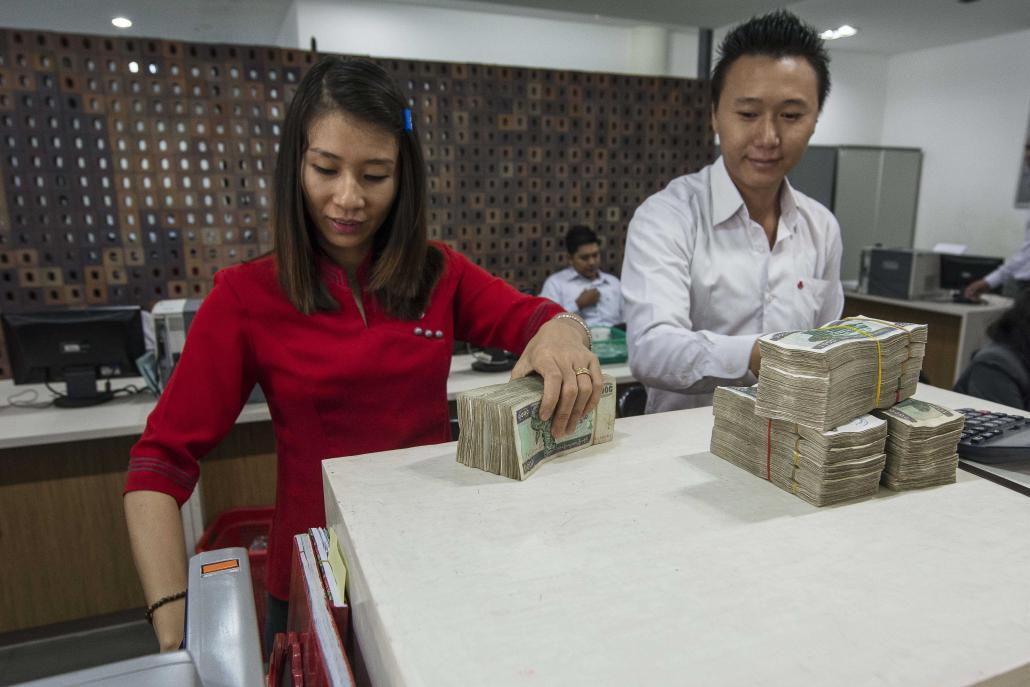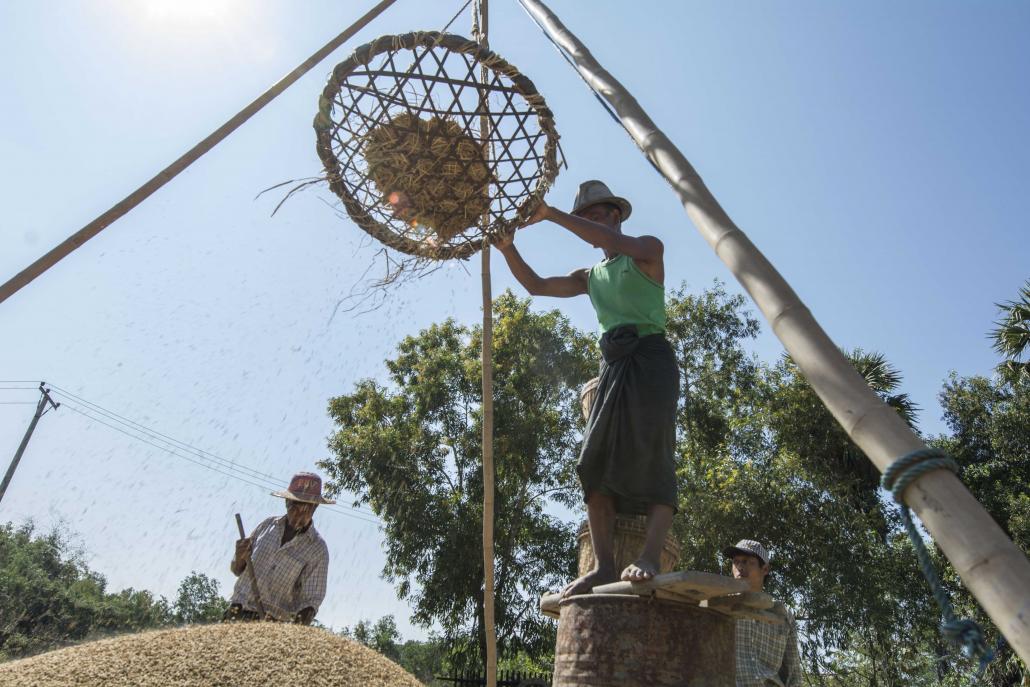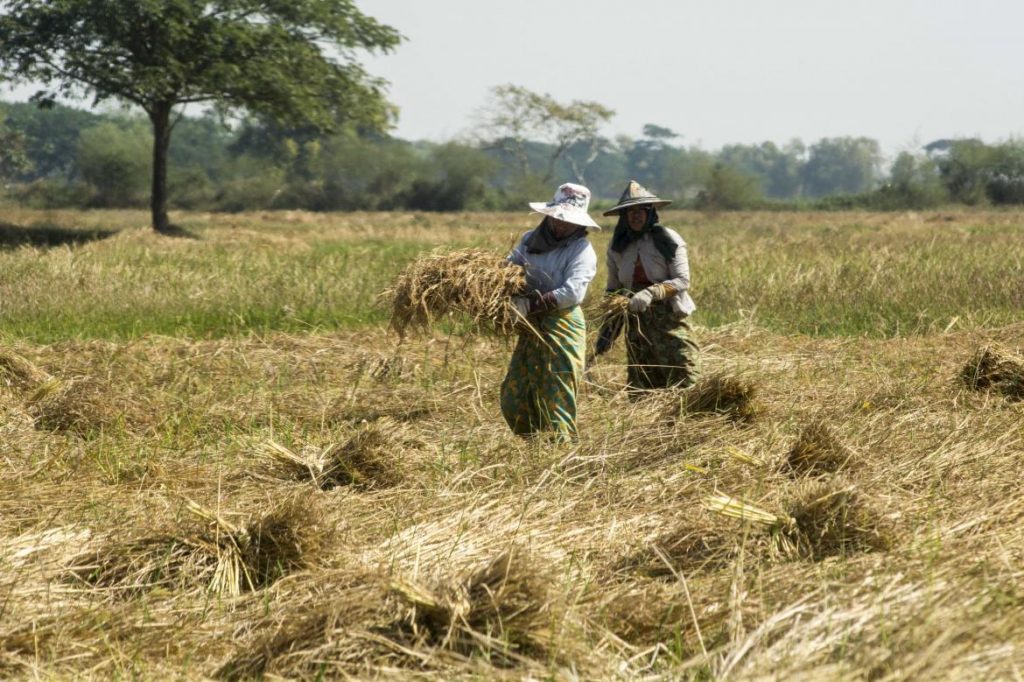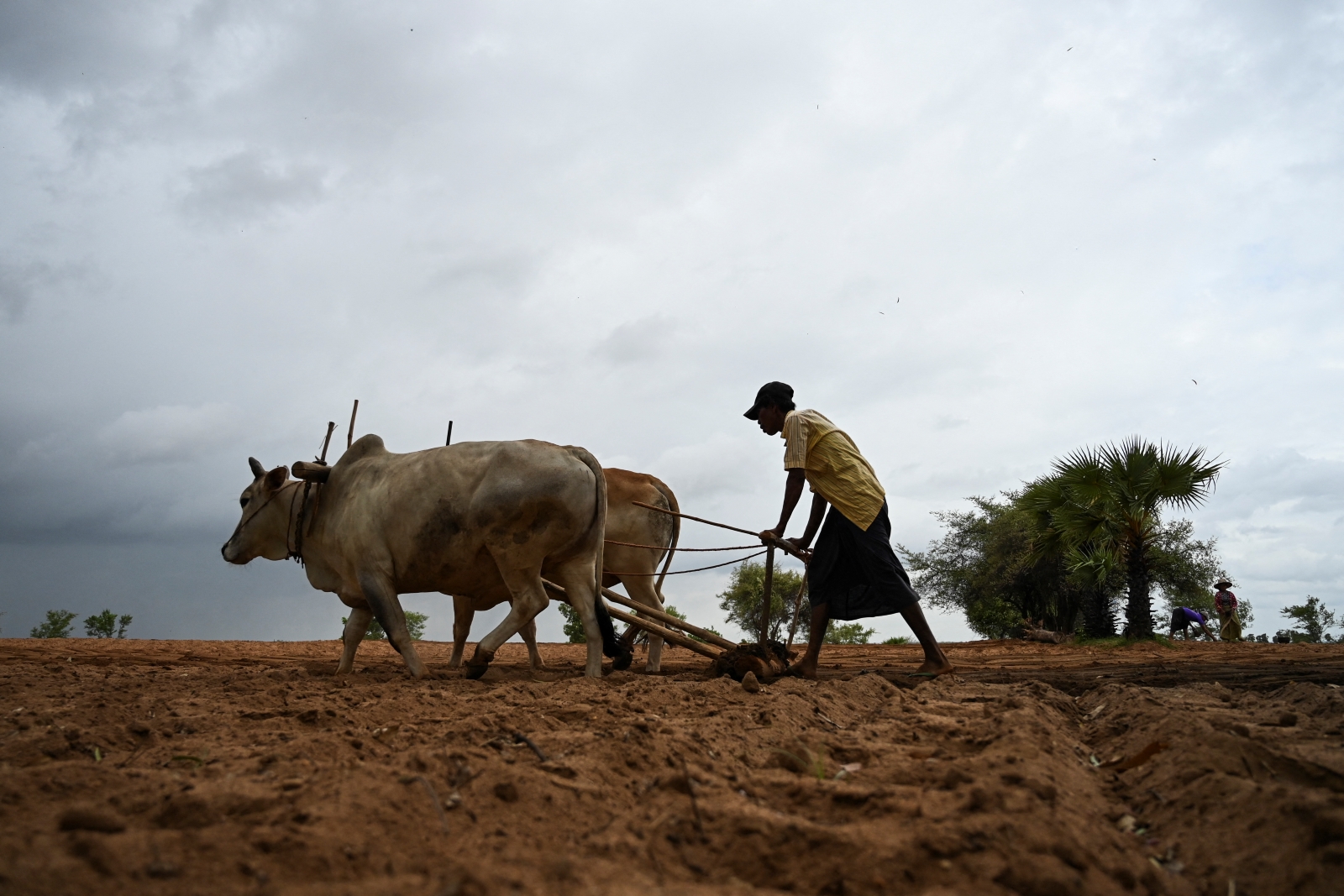In order to develop a more business-friendly environment in the country, authorities must focus on enhancing the institutional framework – especially improving access to credit.
By MIN THU MAUNG | FRONTIER
A COUNTRY’s institutional framework is vital to its financial and economic development. One of the first things that comes to mind when considering the efficiency of a country’s institutional framework is how it impacts business operations, as measured by the World Bank’s annual Doing Business report.
Despite some economic reforms, Myanmar’s ease of doing business has changed little in the past three years. In the 2018 report, published on October 31, Myanmar fell one place compared to last year, ranking 171st of the 190 economies analysed. In contrast, Cambodia was ranked 141st, falling from 128th last year, and Laos 125th, a one place gain from a year previously. Vietnam and Thailand were ranked 68th and 26th respectively.
Often overlooked are the finer elements that comprise the Doing Business report. In the Start a Business category, Myanmar ranks 155th, putting it above Cambodia and Laos, which were ranked 183rd and 164th. However, Myanmar’s ranking falls significantly when it comes to Registering Property, Enforcing Contracts and Getting Electricity, where it performs the worst among neighbouring countries. What is especially notable is the low ranking in Getting Credit, with Myanmar ranking 177th; it’s closest competitor in the region for this category is Laos, which comes in a full 100 places ahead of its neighbour.
These index components are generally a reflection of a country’s institutional framework. For example, the ease of registering a property is usually a reflection of government efficiency (or bureaucracy). Whether contracts are enforced depends on, among other things, a country’s legal and judicial efficiency – and is heavily impacted by corruption. Whether or not firms can access credit depends on the efficiency of the country’s financial system. The list goes on.
tzh_yoma_bank_3.jpg
Support more independent journalism like this. Sign up to be a Frontier member.

Employees inside a Yoma Bank branch in Yangon. (Teza Hlaing | Frontier)
In 2016, Transparency International ranked Myanmar 136th out of 176 countries on corruption perception, putting it ahead of Cambodia (156th) but behind Vietnam (113th) and Laos (123rd). On the bright side, Myanmar’s overall corruption score has been steadily – albeit slowly – improving over the past few years, reaching 28 (0 the lowest score, 100 the highest) in 2015 compared to 15 in 2012.
Myanmar’s rule of law ranking also exhibits a similar pattern: it is ahead of Cambodia but behind Vietnam. The efficiency of the judicial system and government integrity often contributes to a country’s rule of law ranking. In terms of government integrity, Myanmar scores reasonably well, ahead of Cambodia and Vietnam, but its judicial effectiveness is the lowest among its neighbours.
How do different factors affect a country’s overall economic freedom? The Heritage Foundation ranks 186 countries based on rule of law, government size, regulatory efficiency and open markets. In 2017, Myanmar ranked 146th. Across the board, Myanmar is hurt by low scores when it comes to property rights, financial freedom and investment freedom.
mtm-business-sidebar.jpg

There are some bright spots, however. Its relatively low ranking for corruption is not unusual for the region; for example, Thailand, which has a much longer history of reforms and growth, fails to make the top 100 globally. Myanmar’s rule of law ranking has also improved, and has been boosted by an improvement in government integrity. Access to electricity remains an issue, but with enough investments down the road, there is light at the end of the tunnel.
A priority for Myanmar should be its judicial efficiency, especially when it comes to protecting property rights and enforcing contracts. Containing corruption is necessary but not sufficient on its own. Even without corruption, an inefficient and ineffective judicial system does not protect property rights or enforce contracts.
The World Bank calculates enforcing contracts by “the time and cost for resolving a commercial dispute through a local first-instance court, and the quality of judicial processes index, evaluating whether each economy has adopted a series of good practices that promote quality and efficiency in the court system”.
Without secure property rights and a judicial system that can effectively enforce commercial contracts, investment will not take off. Myanmar’s low score on registering property also underscores this point. The World Bank calculates the Registering Property score based on the “steps, time and cost involved in registering property, assuming a standardised case of an entrepreneur who wants to purchase land and a building that is already registered and free of title dispute”. Put simply, excessive delays in registering properties discourages potential investors.
tzh_farmer7.jpg

Farmers winnow rice on the outskirts of Yangon. (Teza Hlaing | Frontier)
Myanmar may also want to consider why it performs so poorly in investment and financial freedom. This is despite the fact that the country has embarked on a series of investment and financial reforms. It appears that many regulatory restrictions remain in place for investment and financial dealings.
Myanmar faces significant – and urgent – challenges in a few areas. Bureaucratic processes that delay registering private properties must be dismantled; private property rights must be protected; it needs an efficient judicial system that can enforce commercial contracts and protect human rights; and restrictions on investment and finance should be revisited.
Of all these needs, perhaps the most urgent is providing credit to businesses. Myanmar’s dismal ranking on the Doing Business report can largely be attributed to its score on Getting Credit. However, to the extent that providing credit is difficult without a strong credit reporting system and enforcement (this is related to collateral and bankruptcy laws), the first order of business should be reforming the country’s out-dated judicial system for commercial transactions while at the same time improving companies’ access to credit.







